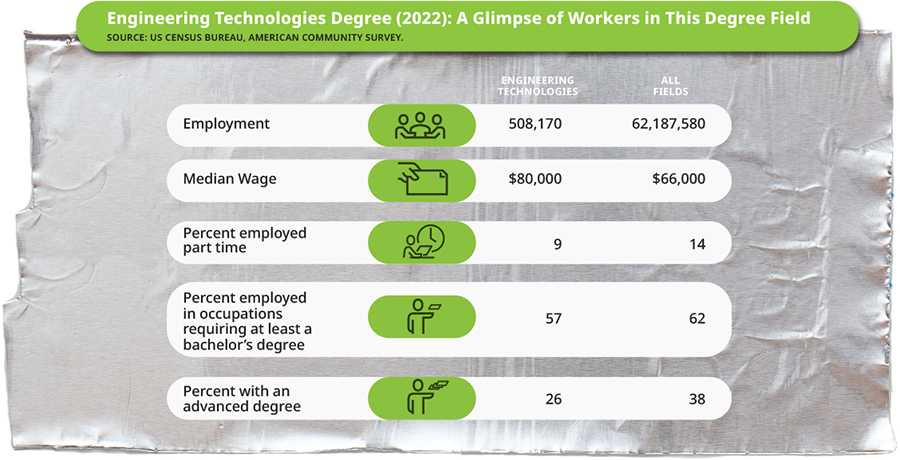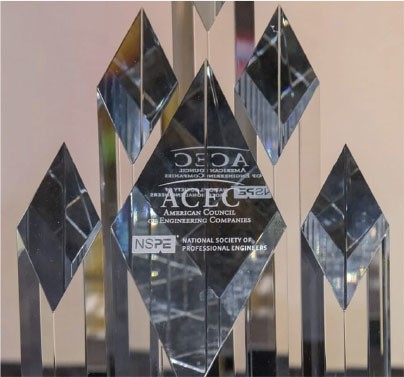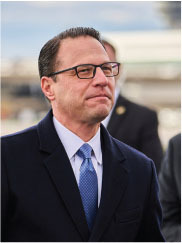March/April 2018
PE Report
Underrepresentation, Discrimination Persist in STEM Workplace, Study Finds
Underrepresentation and treatment of both women and racial and ethnic minorities in STEM-related fields have been major points of contention in the workplace. A new report by the Pew Research Center finds weight to these perceived inequalities.
According to the study, 50% of women in STEM jobs say they have experienced discrimination at work. Not only did 20% say that their gender has made it harder to succeed at work, 36% found that sexual harassment is a problem in the workplace.
Although jobs in the STEM field have grown substantially over time, women make up only 14% of the engineering workforce.
At a time when about half of Americans say that gender diversity at work is extremely important, the gender wage gap is wider in STEM occupations than in non-STEM jobs. This gap, according to the report, is due to women clustered in lower-paying STEM jobs rather than the more lucrative field of engineering.
Blacks and Hispanics are also underrepresented within STEM. Blacks make up only 9% of STEM workers while Hispanics make up only 7%. In engineering, blacks make up a mere 5% of workers and Hispanics make up 8%. According to the survey, 80% of Americans view racial and ethnic diversity in the workplace as at least somewhat important.
Along with underrepresentation, most blacks in STEM jobs have also experienced discrimination at work. The study found that 62% of blacks have experienced discrimination at work due to their race or ethnicity, and 57% say their workplace pays too little attention to increasing racial and ethnic diversity.
As an inclusive organization, NSPE continues to take steps toward achieving diversity and equality in the engineering workplace. Last year, NSPE adopted a new professional policy calling for “a diverse and welcoming environment for everyone interested in the licensed practice of engineering.”
NSPE is also a member of the 50K Coalition, a collaboration of more than 40 organizations focused on producing 50,000 diverse engineering graduates annually by 2025. The coalition was formed by the American Indian Science and Engineering Society, the National Society of Black Engineers, the Society of Hispanic Professional Engineers, and the Society of Women Engineers to bring more diversity into the classroom and workplace.
Access more information and resources on Diversity in Engineering.


 Volunteering at NSPE is a great opportunity to grow your professional network and connect with other leaders in the field.
Volunteering at NSPE is a great opportunity to grow your professional network and connect with other leaders in the field. The National Society of Professional Engineers (NSPE) encourages you to explore the resources to cast your vote on election day:
The National Society of Professional Engineers (NSPE) encourages you to explore the resources to cast your vote on election day:










